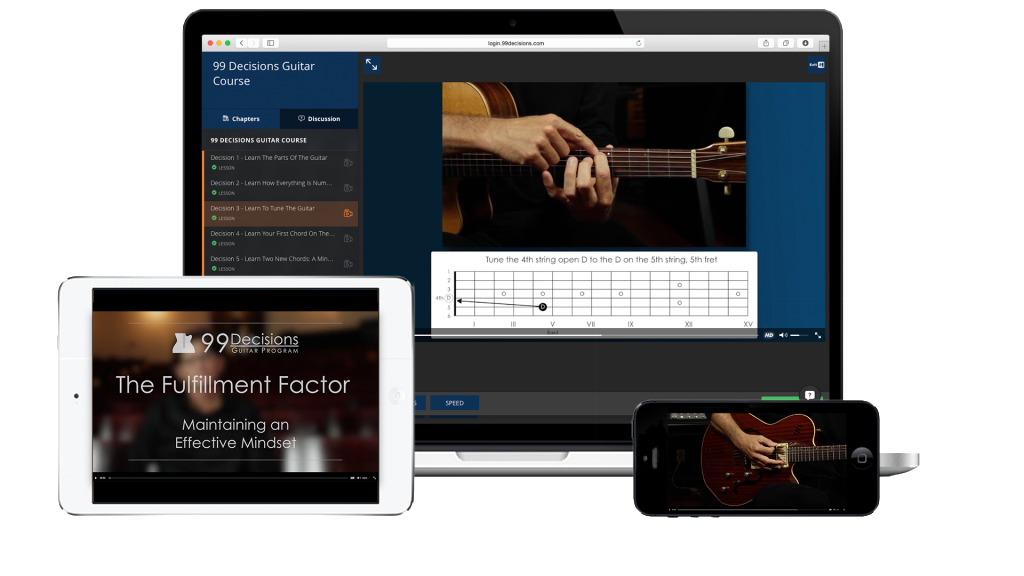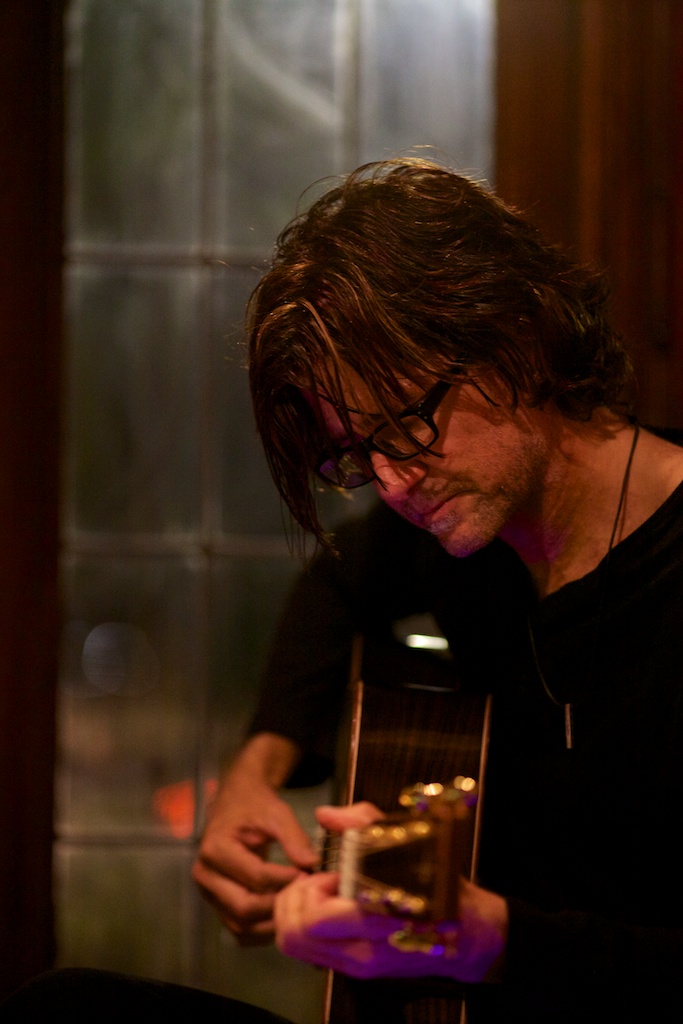C’mon… don’t you play games with your scale patterns?
You should, you know. It’s good for you.
And by “good for you”, I mean that it develops your scale fluency in a way that helps you to learn music more quickly & more easily and enables you to create music more freely.
That’s good, right?
Right.
So I’ve taken the liberty to throw some games together for you.
You’re welcome.
Take a little time with each one & explore it on your own guitar. Interesting things might arise.
With games likes this, they’re mostly about making you think about the notes and their proximity to one another in terms of strings & frets… It’s not so much fingering. Just use whatever fingering you want. It’s a game, after all, and games are more fun if they’re less rules to follow. So, for today, any fingering you want to use is okay by me. You have my permission. (tomorrow’s another story)
Also, I’ll leave it up to you to figure out specific situations that might arise in each game… i.e. deciding which note to start on or running out of notes or how to deal with direction changes. (oh yeah… those of you that actually played the games here will know what I am referring to)
Take a scale pattern… any scale pattern.
Now do this…
• Play it ascending & descending, starting on the lowest note
• Play it ascending & descending, starting on the highest note
Not much of a game… isn’t that how you always play them?
BORing.
But we’re just warming up…
So now, do this…
• Play the scale starting really slowly & gradually speed up to really fast by the top note, then descending, gradually slow down.
(then do this in reverse)
• Play the scale starting really quietly & gradually increase your volume so you’re really loud by the top note, then descending, gradually getting quieter. (then do this in reverse)
• Alternate volumes- play the first note really loudly, then play the next note really softly, then the next note loudly, then softly…. you get the idea.
• Alternate durations- play the note really short in duration, play the next note really long in duration, then short… once again, you get the idea.
• Start at the bottom note of the pattern & proceed to play every other note ascending. Now do the same starting at the top note & descending.
• Start at the bottom note of the pattern & proceed to play every 3rd note ascending. Now do the same starting at the top note & descending.
• Start at the bottom note of the pattern & proceed to play every 4th note ascending. Now do the same starting at the top note & descending.
• Here’s an interesting one… Play every note in the pattern once & only once, and you can’t play any notes in order, either direction.
• Look at your left hand- as you play through the pattern in order, ascending & descending, and before you play each note, say it’s letter name out loud. (or aloud, as some people will be particular about… here, go check for yourself)
• Look at your hand as you play the pattern and before you play each note, say it’s scale degree (number) out loud. Try this in random order.
• Using any major scale pattern in the key of C the letter names of the notes, play all the words you can spell with the notes of the scale pattern. (yup… a lot of three letter words will come to you at first)
• Play through the scale pattern & leave each finger on the note until the last possible moment. Go real slowly… this ones weird for your mind and your fingers
Okay, had enough?
No?
Then make up some yourself.
You used to make up games when you were a kid, right?
Don’t tell me you never tied your sister’s doll to the back of your bike & went tearing down your street.
Okay, I guess that’s not so much a game as it is a really effective method for torturing your sister.
But I digress, as I often do.
The point is, when it come to practicing scales, a lot of this is pretty standard fair for all instruments. Keep in mind people have been practicing scales on all instruments for centuries now.
Which means there must be something to it. Like, it’s a good thing to do.
Just remember to be clear about the agenda here- you are developing skills that will help you play more fluently, both mentally & physically. And this will lead to creating music more freely.
That’s what makes it so fun, right?
Right.



Leave A Response